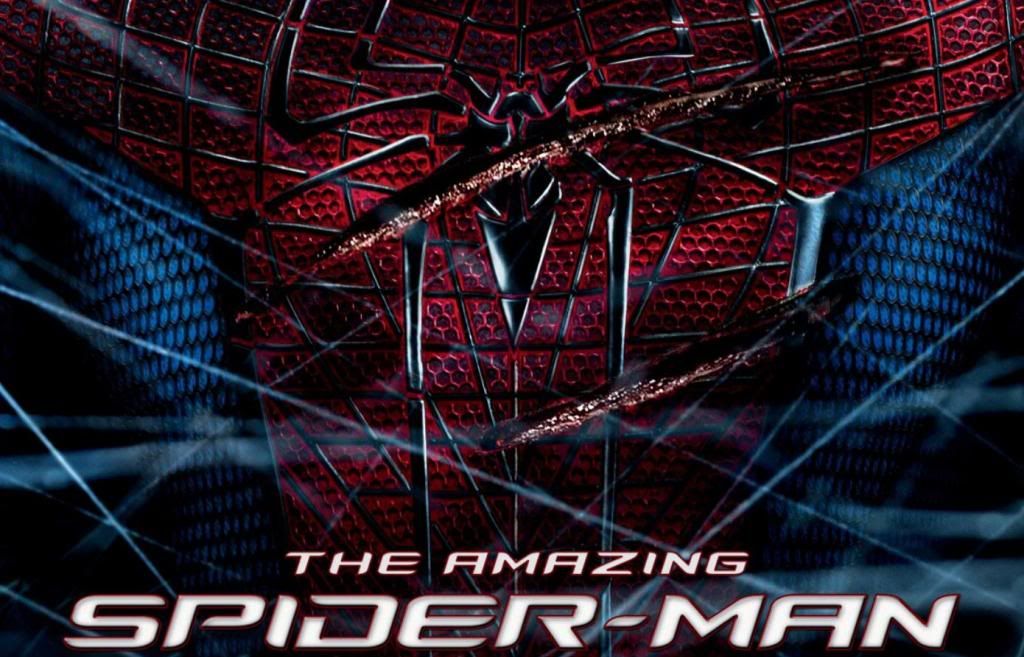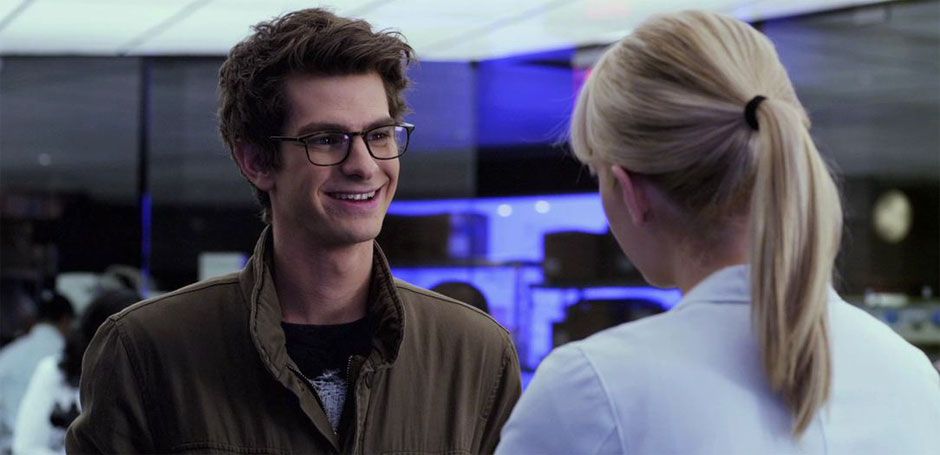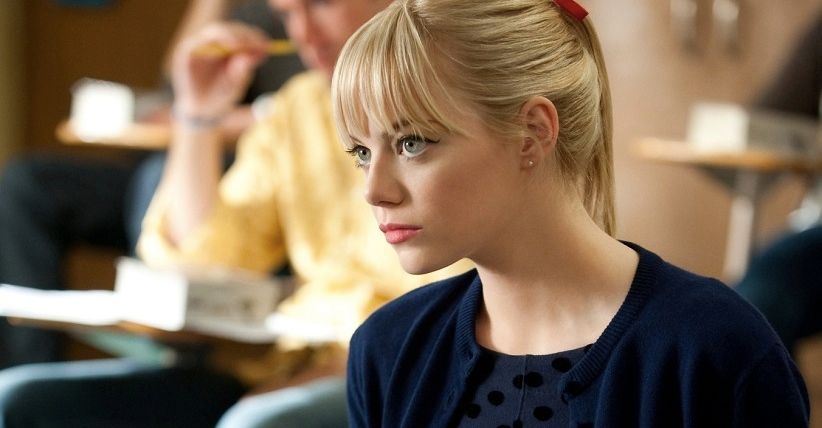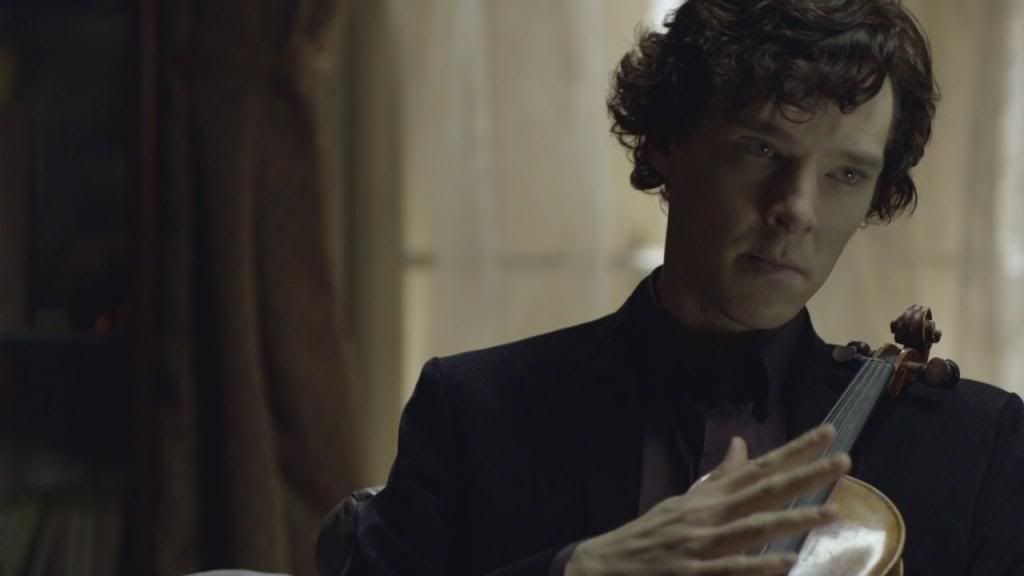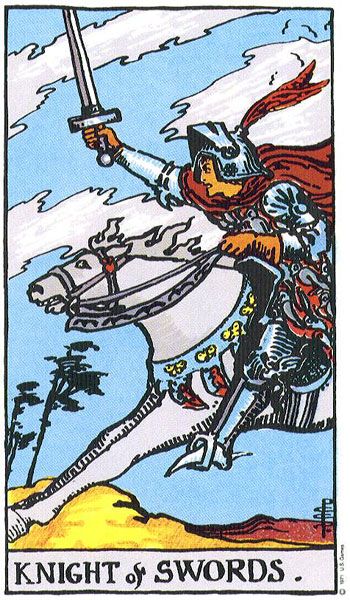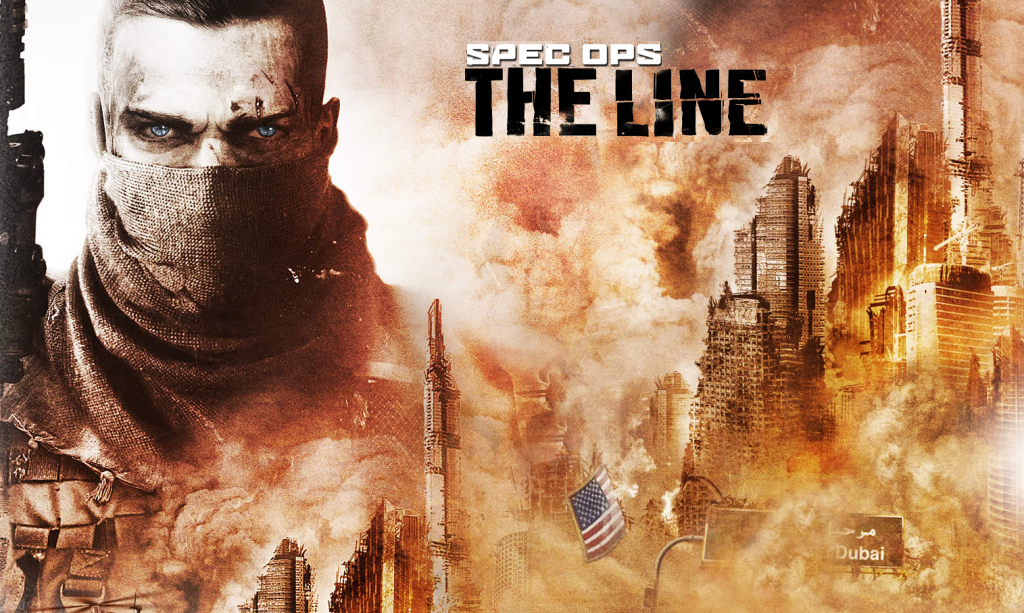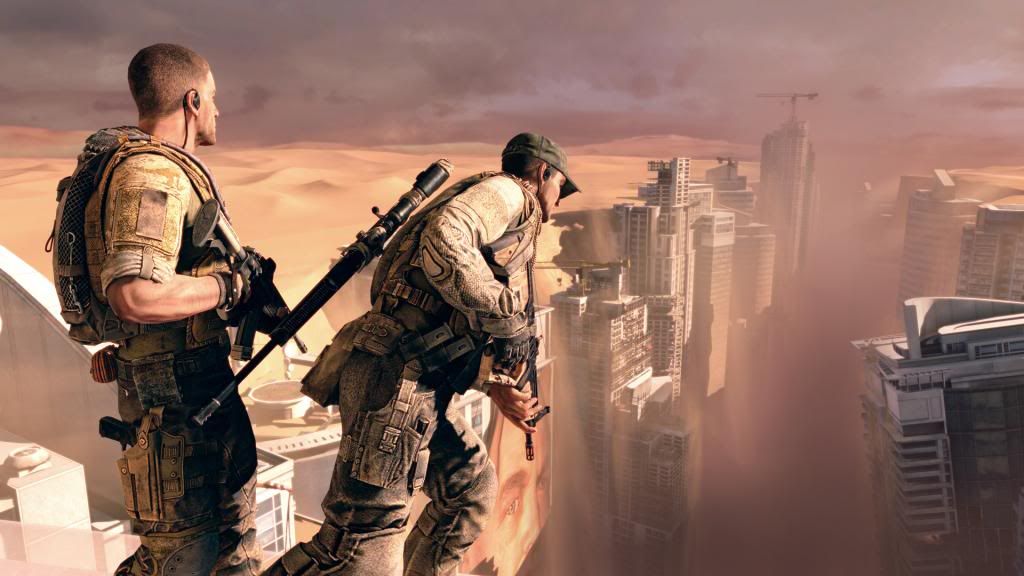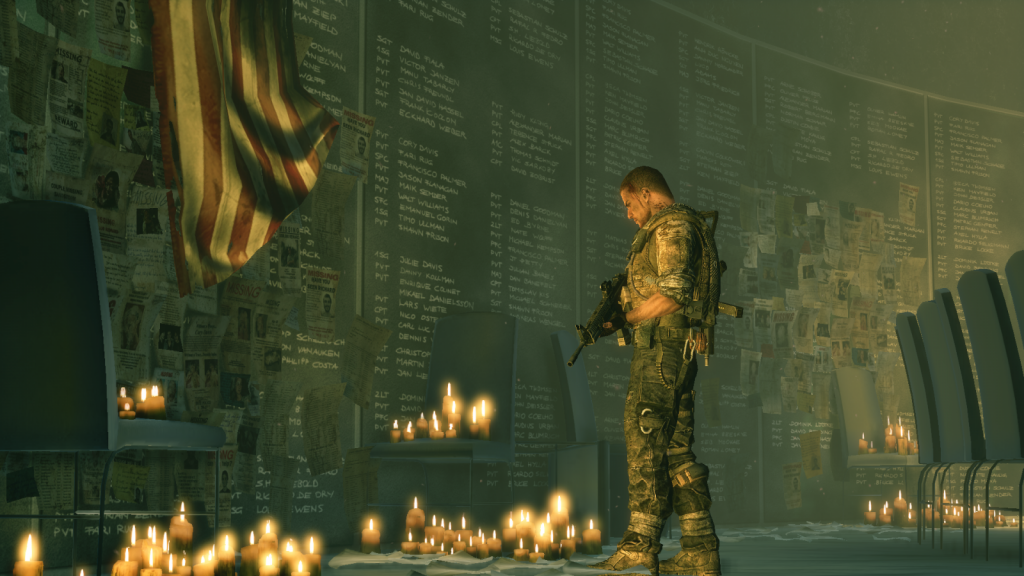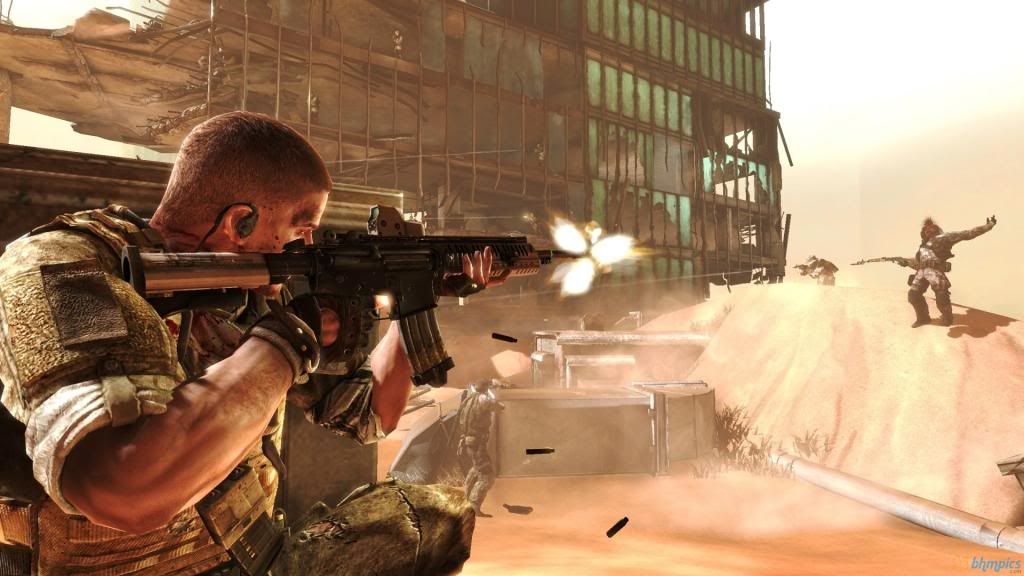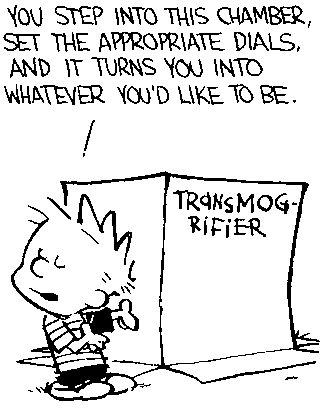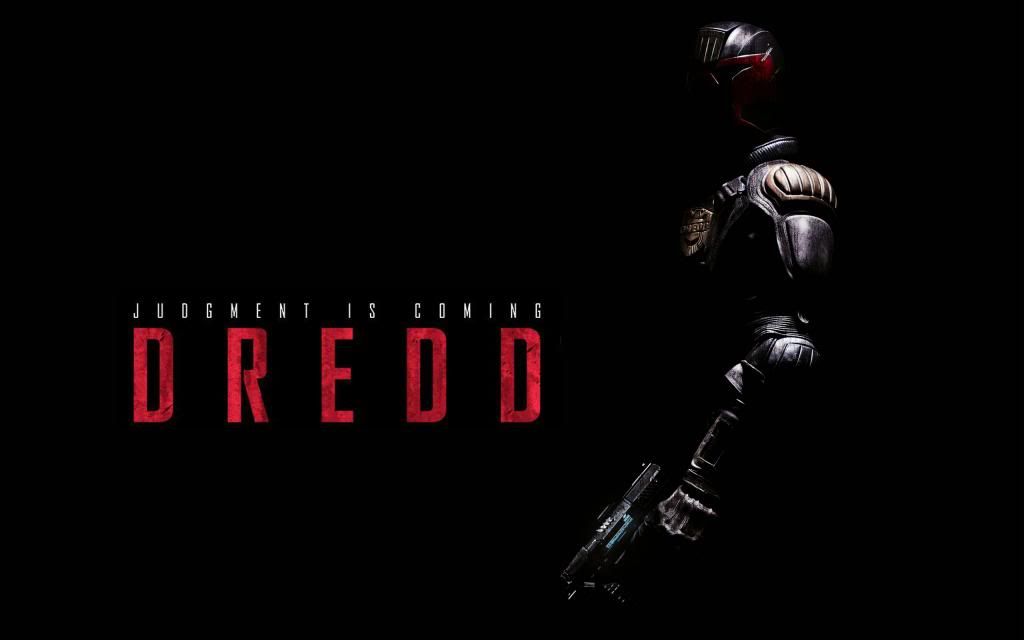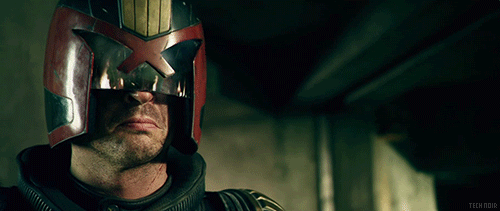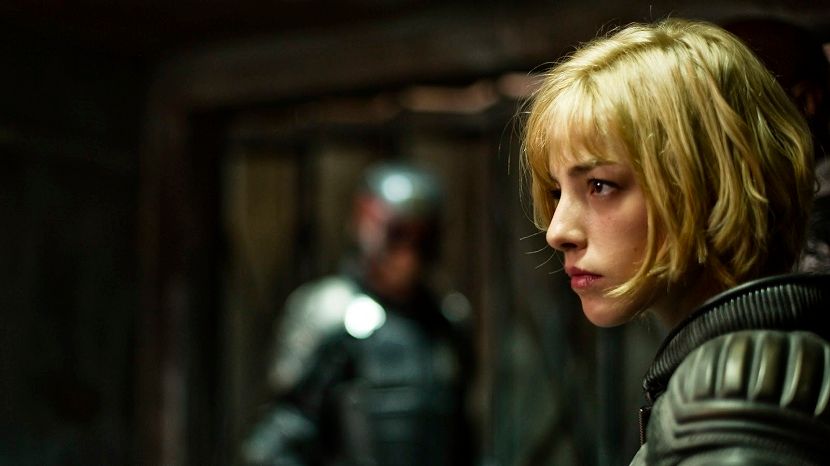Gaming in 2013 — Blue Ink Alchemy

Magic Type <2
With the introduction of Gatecrash, you might think that I'm eager to get involved with new decks for Magic: the Gathering's Standard format. And you wouldn't be wrong. However, I have to admit the format is beginning to lose some of its luster. New sets to Magic come out every few months, and when they do, your current Standard decks either need an overhaul or get scrapped altogether. I like theorycrafting and deck-building as much as the next Planeswalker, but the recurring investment is starting to bother me. I'd much rather make small alterations to decks I already have than having to keep build new ones every quarter while sinking money into boxes of new cards. To that end, I'm turning more towards Modern and Legacy formats of Magic. I'll talk more about the decks I'll be fielding next week, but suffice it to say the new expansion does factor into at least one of them...Warhammer 40k
Oh, 40k. If ever a hobby was even more of a time and money sink than collectible card games, it would be you. Your little plastic men are much pricier, your rules are a great deal more complex, a fighting force takes a lot more to prepare than a deck, there's painting involved... ...yet I can't deny there's appeal. The universe is steeped in baroque, melodramatic lore, the disparate forces guarantee there's something that will appeal to players, and I've played it and other wargames enough to understand the appeal of plotting out a strategy to defeat the enemy, preparing the right mix of troops, seeing how the enemy responds, and the thrill of adaptation on the fly. I have a Dark Vengeance starter kit sitting near my writing desk, just waiting for me to make the time to start doing something with it. Soon, my minions... soon.Video Games
I played a bit of the original PlanetSide back in the day, so I figured since it has the same name and is free to play, PlanetSide 2 would be worth checking out. There are plenty of multiplayer shooters out there - Team Fortress 2, Blacklight: Retribution, Tribes: Ascend - but this is the first one where I've felt like part of a major military outfit instead of a being out for myself. To succeed in PlanetSide, teamwork is required, not unlike League of Legends. And rather than approaching the enemy with a couple friends, you do so as part of a group that could include 100 or more fellow players. This leads to some chaos, to be sure, but after joining up with an Outfit and getting on Mumble with them, it really provides a gaming experience I hadn't realized I missed. It feels like a worthwhile investment. On the single-player front, I have quite a few video games left to finish before I feel comfortable downloading new ones. I kickstarted Strike Suit Zero and definitely need to play more of that before I weigh in on it, I haven't finished Assassin's Creed: Revelations, and I have an itching desire to play through LA Noire and The Witcher 2, which probably means I should finish the first Witcher as well. At this rate, it might be a while before I finally play FarCry 3 or Dishonored, which is a shame, because I really want to play both of them! Not enough hours in the day, unfortunately.Board Games
Here we have perhaps the rarest of specimens amongst the games I play. I live with someone who finds board games to be rather boring, and so my boxes containing SmallWorld, Ticket to Ride, Pandemic, Android: Netrunner, and Lords of Waterdeep go largely unopened. We do play Cards Against Humanity and Chez Geek from time to time, but I don't think the others will ever really win her over. But I will not be deterred! There are still board games I want to experience. I am a huge fan of space-themed 4X games, and Eclipse looks poised to scratch that particular itch. After Wil Wheaton's Tabletop showed me how Alhambra works, I find myself intrigued by a game with such a pastoral theme that still has deep strategy and requires forethought and negotiation. I hear wonderful things about Battlestar Galactica, and the theme in and of itself is enough to encourage me to buy. And tying back into Warhammer is Chaos of the Old World, a game that will require me to scrape together three friends, no more and no less, who will probably get annoyed at me if I keep calling dibs on Tzeensch. That's a rundown on what I'll likely be playing in the year ahead. What about you? What's on your docket for gameplay and other amusements?Blue Ink Alchemy
